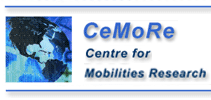

Speakers
Organisers
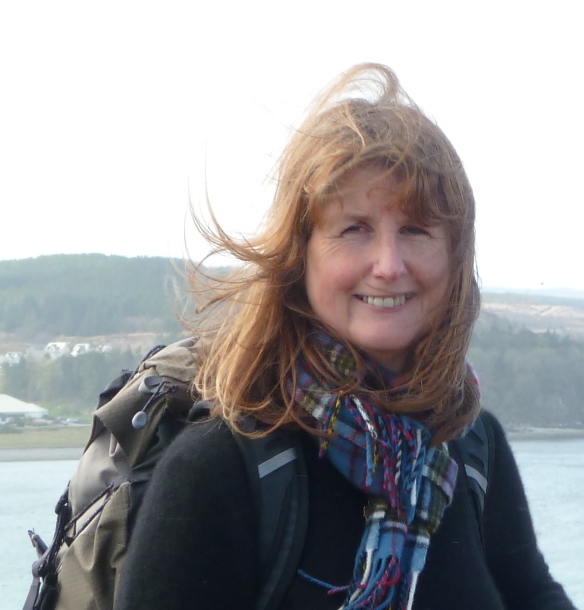 Lynne Pearce is Chair of Literary Theory and Women’s Writing at Lancaster University and the author of several books on feminist theory, reader-theory and romantic love. Her interest in automobility dates back to an essay she wrote for Devolving Identities (ed. Pearce)in 2000 (‘Driving North/Driving South’) and she has recently resumed work in the field with an article published in Mobilities (‘Automobility in Manchester Fiction’ (2012)) and two book chapters: ‘What we’re thinking when we’re driving’ in Writing Otherwise (2013)(eds. Stacey and Wolff) and ‘A Motor-Flight through Early Twentieth-Century Consciousness’ in Representing Mobilities (2014) (eds. Murray and Upstone). She has also begun work on a book for Edinburgh University Press entitled Automobility and the Phenomenology of Driving which draws upon literary texts spanning the twentieth-century to further investigate the cognitive and affective dimensions of the driving-event.
Lynne Pearce is Chair of Literary Theory and Women’s Writing at Lancaster University and the author of several books on feminist theory, reader-theory and romantic love. Her interest in automobility dates back to an essay she wrote for Devolving Identities (ed. Pearce)in 2000 (‘Driving North/Driving South’) and she has recently resumed work in the field with an article published in Mobilities (‘Automobility in Manchester Fiction’ (2012)) and two book chapters: ‘What we’re thinking when we’re driving’ in Writing Otherwise (2013)(eds. Stacey and Wolff) and ‘A Motor-Flight through Early Twentieth-Century Consciousness’ in Representing Mobilities (2014) (eds. Murray and Upstone). She has also begun work on a book for Edinburgh University Press entitled Automobility and the Phenomenology of Driving which draws upon literary texts spanning the twentieth-century to further investigate the cognitive and affective dimensions of the driving-event.
 Peter Merriman is a Reader in Human Geography at Aberystwyth University in Wales. Amongst other things his research focuses on the geographies and histories of mobility, and the practices and spaces of driving. He is an Associate Editor of Transfers: Interdisciplinary Journal of Mobility Studies, Reviews Editor of Cultural Geographies, and serves on the editorial boards of Mobilities and Rodopi’s “Spatial Practices” book series. His books include Mobility, Space and Culture (Routledge, 2012), Driving Spaces (Blackwell, 2007), and two co-edited collections: Geographies of Mobilities (Ashgate, 2011) and The Routledge Handbook of Mobilities (Routledge, 2014). Peter will also be delivering the colloquium keynote.
Peter Merriman is a Reader in Human Geography at Aberystwyth University in Wales. Amongst other things his research focuses on the geographies and histories of mobility, and the practices and spaces of driving. He is an Associate Editor of Transfers: Interdisciplinary Journal of Mobility Studies, Reviews Editor of Cultural Geographies, and serves on the editorial boards of Mobilities and Rodopi’s “Spatial Practices” book series. His books include Mobility, Space and Culture (Routledge, 2012), Driving Spaces (Blackwell, 2007), and two co-edited collections: Geographies of Mobilities (Ashgate, 2011) and The Routledge Handbook of Mobilities (Routledge, 2014). Peter will also be delivering the colloquium keynote.
Presenters
 Ian Davidson is a critic and a poet. Recent publications include a critical monograph, Radical Spaces of Poetry, a poetry collection, Partly in Riga (both 2010) and an edited collection, Placing Poetry (2013). His current project uses mobility theory and philosophies of movement to read a variety of poetry and fiction from the USA and the UK and has resulted in essays on Don DeLillo, Philip K Dick, Patrick Hamilton, Bill Griffiths and Allen Fisher. Further work is in preparation on Diane DiPrima, Mary Oppen, Carolyn Cassady and Jan Kerouac. He is Professor of Modern and Contemporary Literature at Northumbria University.
Ian Davidson is a critic and a poet. Recent publications include a critical monograph, Radical Spaces of Poetry, a poetry collection, Partly in Riga (both 2010) and an edited collection, Placing Poetry (2013). His current project uses mobility theory and philosophies of movement to read a variety of poetry and fiction from the USA and the UK and has resulted in essays on Don DeLillo, Philip K Dick, Patrick Hamilton, Bill Griffiths and Allen Fisher. Further work is in preparation on Diane DiPrima, Mary Oppen, Carolyn Cassady and Jan Kerouac. He is Professor of Modern and Contemporary Literature at Northumbria University.
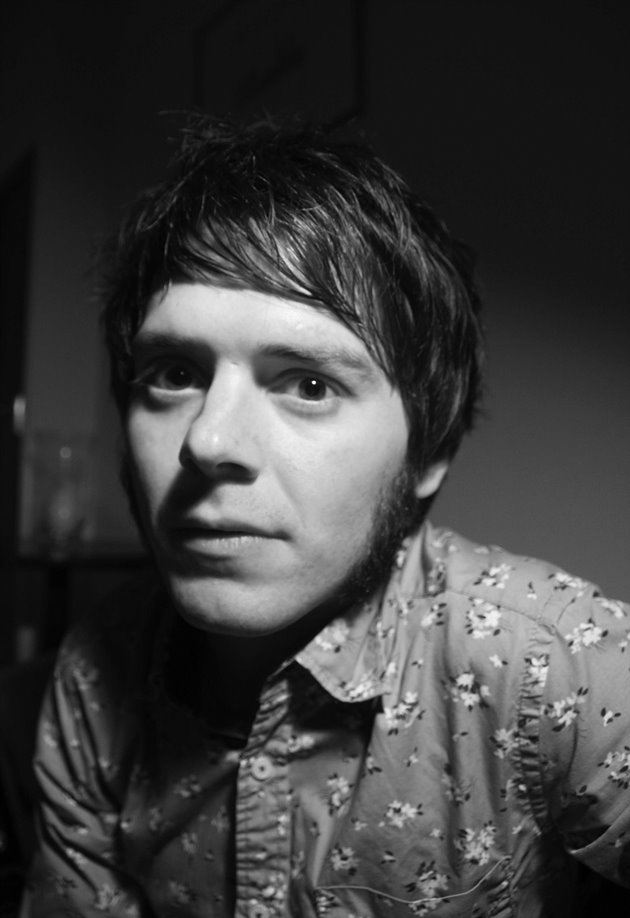 Christopher Donaldson is Lecturer in Romanticism at the University of Birmingham and a collaborator on the Spatial Humanities: Texts, GIS, Places project at Lancaster University. A specialist in the literature and culture of the ‘long’ nineteenth century, his research focuses on the role of place in writerly self-fashioning and reader reception, and on associated phenomena such as literary tourism and literary geography.
Christopher Donaldson is Lecturer in Romanticism at the University of Birmingham and a collaborator on the Spatial Humanities: Texts, GIS, Places project at Lancaster University. A specialist in the literature and culture of the ‘long’ nineteenth century, his research focuses on the role of place in writerly self-fashioning and reader reception, and on associated phenomena such as literary tourism and literary geography.
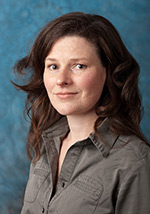 Ruth Livesey is Reader in Nineteenth-Century Literature and Thought at Royal Holloway, University of London. She is the author of Socialism, Sex, and the Culture of Aestheticism in Britain, 1880-1913 (2007) and co-editor of The American Experiment and the Idea of Democracy in British Culture, 1776-1914 (2013). She is currently completing a book manuscript Writing the Stagecoach Nation: Locality on the Move in Nineteenth Century Literature. She is also a co-editor of Journal of Victorian Culture.
Ruth Livesey is Reader in Nineteenth-Century Literature and Thought at Royal Holloway, University of London. She is the author of Socialism, Sex, and the Culture of Aestheticism in Britain, 1880-1913 (2007) and co-editor of The American Experiment and the Idea of Democracy in British Culture, 1776-1914 (2013). She is currently completing a book manuscript Writing the Stagecoach Nation: Locality on the Move in Nineteenth Century Literature. She is also a co-editor of Journal of Victorian Culture.
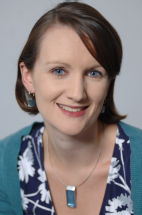 Charlotte Mathieson is a Research Fellow at the University of Warwick’s Institute of Advanced Study. She researches nineteenth-century literature, with an interest in the intersections of gender, space and mobility in novels by authors including Charles Dickens, Charlotte Brontë, George Eliot and Elizabeth Gaskell. Her research incorporates concepts from cultural and feminist geography, mobility studies, and travel writing studies. She has recently published Gender and Space in Rural Britain, 1840-1920 (ed. with Gemma Goodman; Pickering and Chatto, 2014) and is currently writing Journeys in the Victorian Novel: Gendered Mobilities and the Place of the Nation. Charlotte is co-founder of the Travel and Mobility Studies Research Network at the University of Warwick (http://go.warwick.ac.uk/travelstudies).
Charlotte Mathieson is a Research Fellow at the University of Warwick’s Institute of Advanced Study. She researches nineteenth-century literature, with an interest in the intersections of gender, space and mobility in novels by authors including Charles Dickens, Charlotte Brontë, George Eliot and Elizabeth Gaskell. Her research incorporates concepts from cultural and feminist geography, mobility studies, and travel writing studies. She has recently published Gender and Space in Rural Britain, 1840-1920 (ed. with Gemma Goodman; Pickering and Chatto, 2014) and is currently writing Journeys in the Victorian Novel: Gendered Mobilities and the Place of the Nation. Charlotte is co-founder of the Travel and Mobility Studies Research Network at the University of Warwick (http://go.warwick.ac.uk/travelstudies).
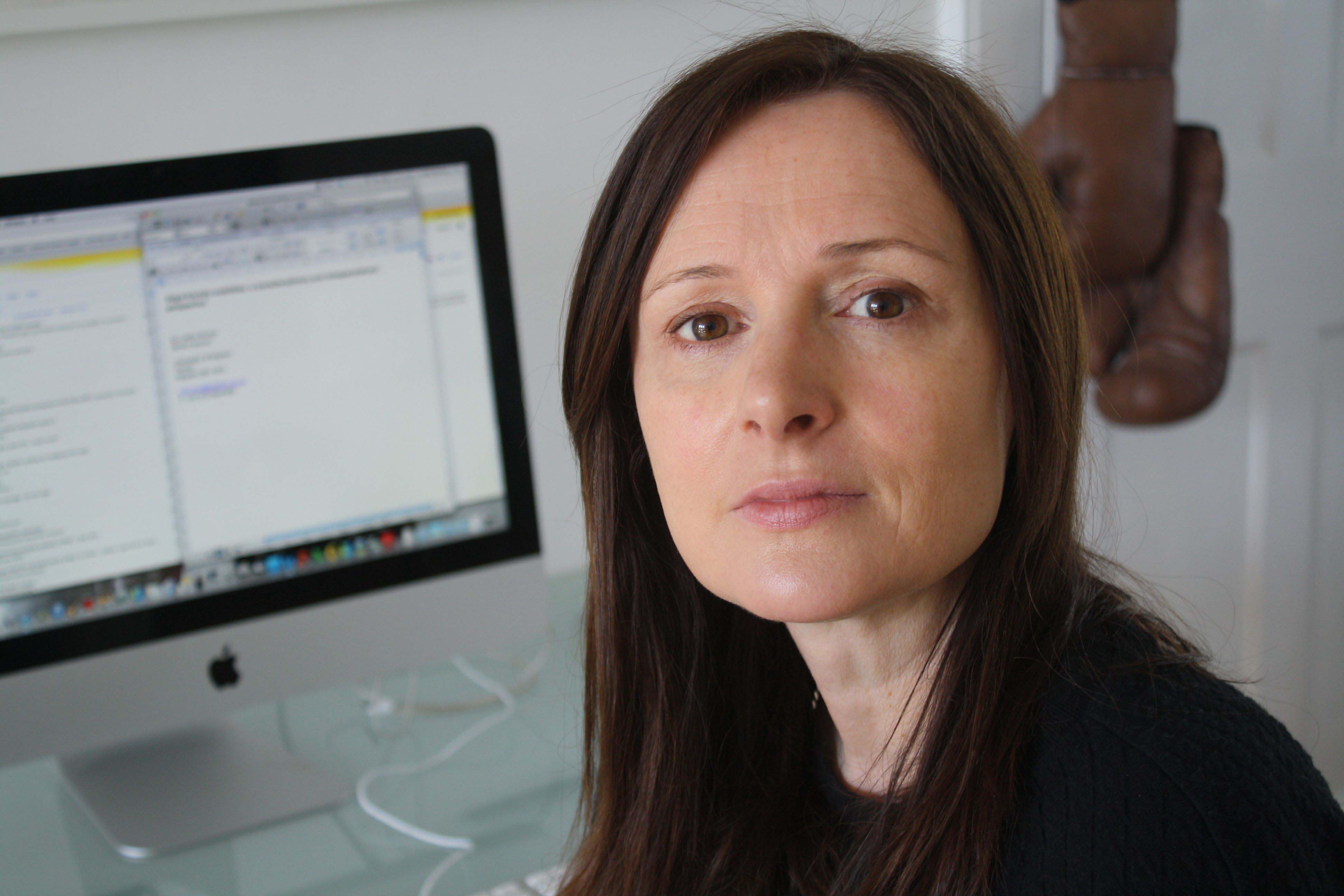 Lesley Murray is a Senior Lecturer in Social Science in the School of Applied Social Science, University of Brighton, UK. Lesley previously worked as a transport researcher/strategic planner in London government, focusing primarily on the mobility needs of marginalised groups. She is a trans-disciplinary researcher whose interests centre on the social and cultural aspects of mobilities, and has written on gendered mobilities, children’s mobilities and mobile methodologies and methods. She is co-editor (with Sarah Upstone) of Representing Mobilities which will be published by Palgrave Macmillan later this year.
Lesley Murray is a Senior Lecturer in Social Science in the School of Applied Social Science, University of Brighton, UK. Lesley previously worked as a transport researcher/strategic planner in London government, focusing primarily on the mobility needs of marginalised groups. She is a trans-disciplinary researcher whose interests centre on the social and cultural aspects of mobilities, and has written on gendered mobilities, children’s mobilities and mobile methodologies and methods. She is co-editor (with Sarah Upstone) of Representing Mobilities which will be published by Palgrave Macmillan later this year.
 Patricia Murrieta-Flores’ main interest lies in the application of technology to Humanities research. She specialises in the creation of Geographic Information Systems-based models and other computational approaches and visualizations for Archaeology, History and Literature. She is a collaborator in the Spatial Humanities: Texts, GIS, Places project at Lancaster University, and is a Senior Researcher at the History and Archaeology Department and the University of Chester.
Patricia Murrieta-Flores’ main interest lies in the application of technology to Humanities research. She specialises in the creation of Geographic Information Systems-based models and other computational approaches and visualizations for Archaeology, History and Literature. She is a collaborator in the Spatial Humanities: Texts, GIS, Places project at Lancaster University, and is a Senior Researcher at the History and Archaeology Department and the University of Chester.
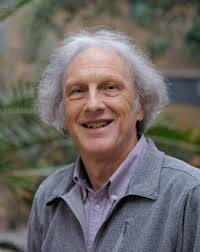 Colin Pooley is Emeritus Professor of Social and Historical Geography in The Lancaster Environment Centre, Lancaster University, UK. His research focuses on the social geography of Britain and continental Europe since circa 1800, with recent projects focused on residential migration, travel to work and other aspects of everyday mobility including walking and cycling. He has published over 100 refereed journal articles and book chapters and 13 books including Migration and mobility in Britain since the eighteenth century (London: UCL Press, 1998), A mobile century?: changes in everyday mobility in Britain in the twentieth century (Aldershot: Ashgate, 2005) and Pooley, C. et. al. (2013) Promoting walking and cycling: new perspectives on sustainable travel (Bristol: The Policy Press).
Colin Pooley is Emeritus Professor of Social and Historical Geography in The Lancaster Environment Centre, Lancaster University, UK. His research focuses on the social geography of Britain and continental Europe since circa 1800, with recent projects focused on residential migration, travel to work and other aspects of everyday mobility including walking and cycling. He has published over 100 refereed journal articles and book chapters and 13 books including Migration and mobility in Britain since the eighteenth century (London: UCL Press, 1998), A mobile century?: changes in everyday mobility in Britain in the twentieth century (Aldershot: Ashgate, 2005) and Pooley, C. et. al. (2013) Promoting walking and cycling: new perspectives on sustainable travel (Bristol: The Policy Press).
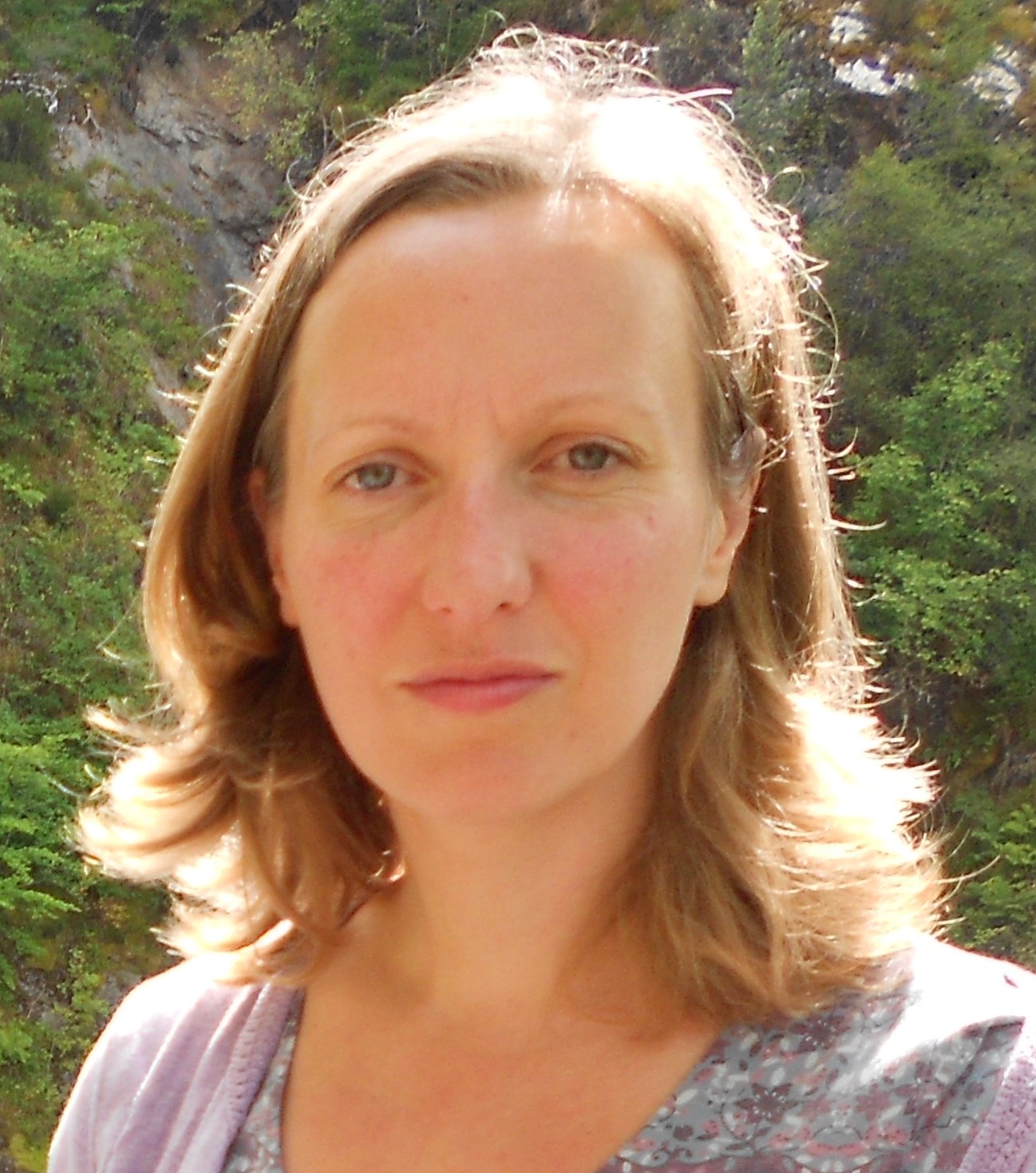 Fiona Wilkie is a senior lecturer in Drama, Theatre and Performance at the University of Roehampton. She has published on various aspects of British site-specific performance in a number of journals and in Blackwell’s Concise Companion to Contemporary British and Irish Drama (2008). Her recent work has been concerned with the ‘mobility turn’ in the social sciences, and she has drawn on this field in writing about a range of arts practices, including works by the Scottish playwright David Greig and the Turkish artist Kutlug Ataman. Her book, Performance, Transport and Mobility: Making Passage, will be out with Palgrave later this year; it considers the ways in which performances engage with and produce mobilities, reshaping existing models and engendering alternative possibilities for movement.
Fiona Wilkie is a senior lecturer in Drama, Theatre and Performance at the University of Roehampton. She has published on various aspects of British site-specific performance in a number of journals and in Blackwell’s Concise Companion to Contemporary British and Irish Drama (2008). Her recent work has been concerned with the ‘mobility turn’ in the social sciences, and she has drawn on this field in writing about a range of arts practices, including works by the Scottish playwright David Greig and the Turkish artist Kutlug Ataman. Her book, Performance, Transport and Mobility: Making Passage, will be out with Palgrave later this year; it considers the ways in which performances engage with and produce mobilities, reshaping existing models and engendering alternative possibilities for movement.
Other Participants . . .
